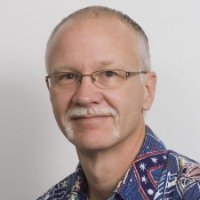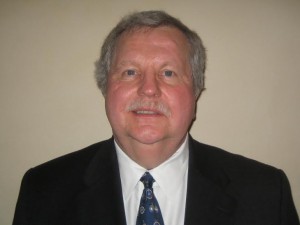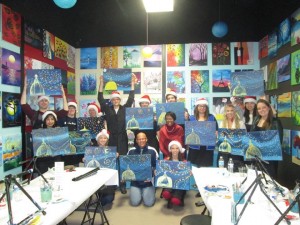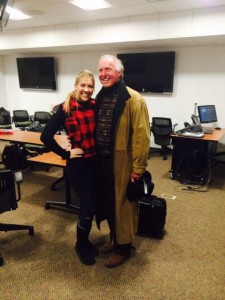A post from our student blogger Roberto
The first few weeks of the second semester have gone by fast. These new classes are refreshing and offer a whole new take on patent law. The most dramatic difference so far has been in our capstone class where we have been paired with industry mentors who will review all of our assignments. Their feedback will be instrumental as we craft our final patent application. It is helpful having someone who you can go to with complicated questions and needed advice along the way. As many of the bloggers mentioned, writing a good set of claims is a form of art. Having an industry mentor allows you to see a completely different artistic style as well pick up helpful tips they have learned through their careers.
In our other classes we have already covered several interesting topics. Claim interpretation, figuring out how a set of claims impacts the potential infringement of an article, so far has really interested me. Claim interpretation is almost entirely an exercise in argument between the two sides over the meaning of words and the use of punctuation. Patent Litigators, individuals with a law degree, argue before each other, judges and a jury about all of these things. In the end, millions of dollars have been spent (typically) and the entire landscape of an industry may change. For example, in recent years Samsung has had to pay out around $1.2B to Apple in patent disputes over their competing technologies, according to Forbes.
Last semester we spent a good amount of time working on claims for physical devices but not much time working on what are called “method” claims. Method claims protect a certain way of doing things to achieve a specific, new and useful result. This semester we have a whole series of assignments directed to constructing these special claims. This experience will be very useful for many students since their capstone projects require the use of this type of claim. When would a method claim be useful? Well, suppose that you decided to try to use engine degreaser to ward off the pesky ants persistently attempting to infiltrate the crack under your front door. Much to your amazement the ants, and all other insects for that matter, never came near your door again. Suppose you wanted to patent this newly found miracle ant repellant. Well, you couldn’t get a patent on the actual ant repellant since it was just some engine degreaser you had lying around. What you could attempt to do however, is obtain a method patent on the new and useful method of spraying engine degreaser on areas to repel ants. Writing claims to protect methods is very different and in many senses more difficult since you are not claiming a physical article and instead a process.
In general, this semester is geared towards getting us ready for the day-to-day life of being a patent agent. We are routinely turning in assignments simulating those we will have at our jobs in a few months. As an engineer, I really appreciate having the opportunity to practice the legal writing and formatting skills many take for granted. One last piece of exciting news is that being a patent agent was just rated the #4 on CNN’s “Best Jobs in America” list. This is great news for the MSPL students and only reaffirms our excitement to join the field.
The Packers lost. I will be the first to admit that they deserved to lose. And, in the end, I am glad they did. A few days after the loss the younger brother of our head coach died of a heart attack suddenly and without warning. I am thankful that we lost because it meant that our coach had the opportunity to speak with his brother during those final days; an opportunity that he otherwise may not have had. As the great Vince Lombardi once said, “In my life there are three things: God, Family and the Green Bay Packers. In that order.”




